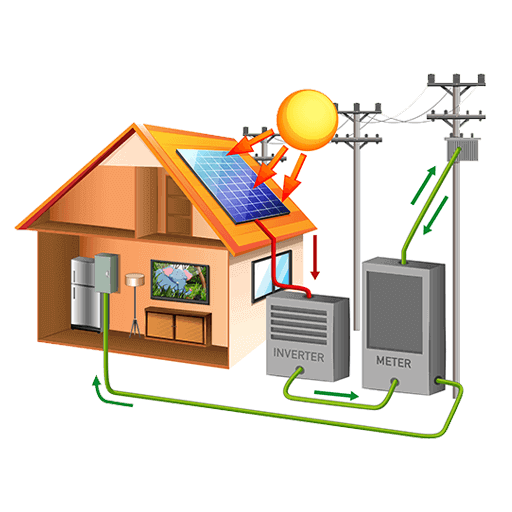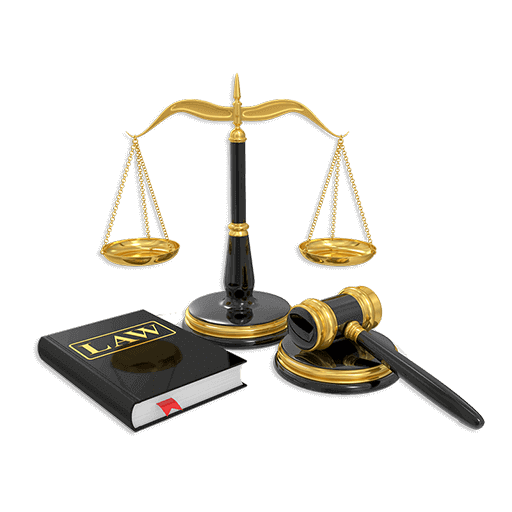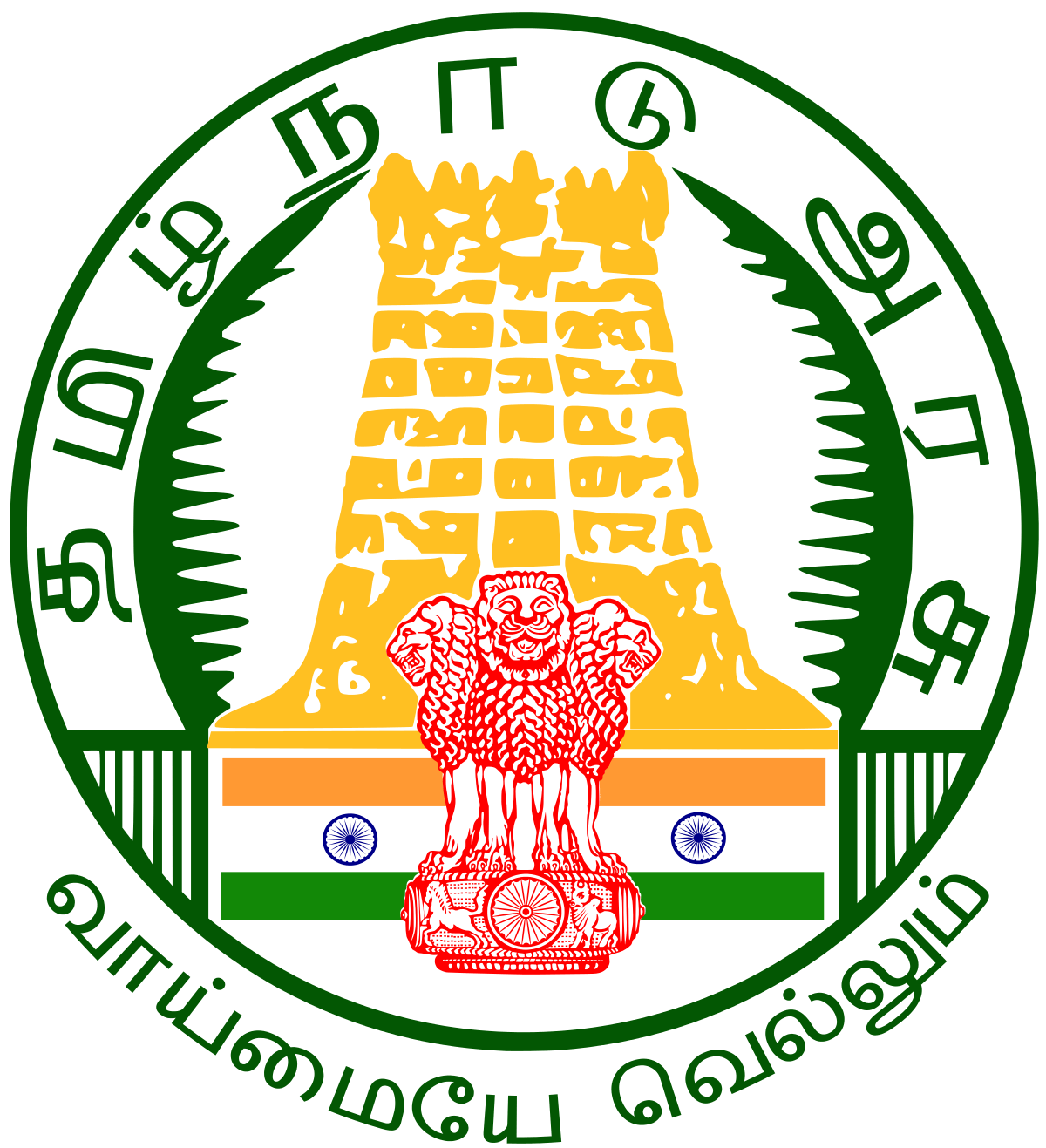- State Board
-
12th Standard
-

Biology
-

Computer Applications
-

Computer Science
-

Business Maths and Statistics
-

Commerce
-

Economics
-

Maths
-

Chemistry
-

Physics
-

Computer Technology
-

History
-

Accountancy
-

Tamil
-

Maths
-

Chemistry
-

Physics
-

Biology
-

Computer Science
-

Business Maths and Statistics
-

Economics
-

Commerce
-

Accountancy
-

History
-

Computer Applications
-

Computer Technology
-

English
12th Standard stateboard question papers & Study material
தமிழ் Subjects
English Subjects
-
-
11th Standard
-

Maths
-

Biology
-

உயிரியல் - தாவரவியல்
-

Economics
-

Physics
-

Chemistry
-

History
-

Business Maths and Statistics
-

Computer Science
-

Accountancy
-

Commerce
-

Computer Applications
-

Computer Technology
-

Tamil
-

Maths
-

Commerce
-

Economics
-

Biology
-

Business Maths and Statistics
-

Accountancy
-

Computer Science
-

Physics
-

Chemistry
-

Computer Applications
-

History
-

Computer Technology
-

Tamil
-

English
11th Standard stateboard question papers & Study material
தமிழ் Subjects
English Subjects
-
-
9th Standard
-

-

-

-

-

-

-

Maths
-

Science
-

Social Science
-

Maths
-

Science
-

Social Science
9th Standard stateboard question papers & Study material
தமிழ் Subjects
English Subjects
-
-
6th Standard
-

Maths
-

Science
-

Social Science
-

Maths
-

Science
-

Social Science
6th Standard stateboard question papers & Study material
தமிழ் Subjects
English Subjects
-
-
10th Standard
-

Maths
-

Science
-

Social Science
-

Tamil
-

Maths
-

Science
-

Social Science
-

English
-

English
10th Standard stateboard question papers & Study material
தமிழ் Subjects
English Subjects
-
-
7th Standard
-

Maths
-

Science
-

Maths
-

Science
-

Social Science
7th Standard stateboard question papers & Study material
தமிழ் Subjects
English Subjects
-
-
8th Standard
-

கணிதம் - old
-

Science
-

Social Science
-

கணிதம்
-

Maths
-

Science
-

Social Science
8th Standard stateboard question papers & Study material
தமிழ் Subjects
English Subjects
-
-
12th Standard
- CBSE Board
-
12th Standard CBSE
-

Biology
-

Physics
-

Chemistry
-

Maths
-

Accountancy
-

Introductory Micro and Macroeconomics
-

Business Studies
-

Economics
-

Computer Science
-

Geography
-

English
-

History
-

Indian Society
-

Physical Education
-

Sociology
-

Tamil
-

Bio Technology
-

Engineering Graphics
-

Entrepreneurship
-

Hindi Core
-

Hindi Elective
-

Home Science
-

Legal Studies
-

Political Science
-

Psychology
12th Standard CBSE Subject Question Paper & Study Material
-
-
11th Standard CBSE
-

Mathematics
-

Chemistry
-

Biology
-

Physics
-

Business Studies
-

Accountancy
-

Economics
-

Computer Science
-

Bio Technology
-

English
-

Enterprenership
-

Geography
-

Hindi
-

History
-

Home Science
-

Physical Education
-

Political Science
-

Psychology
-

Sociology
-

Applied Mathematics
11th Standard CBSE Subject Question Paper & Study Material
-
- 10th Standard CBSE
-
9th Standard CBSE
-

Mathematics
-

Social Science
-

Science
-

English
-

Hindi
9th Standard CBSE Subject Question Paper & Study Material
-
-
8th Standard CBSE
-

Science
-

Social Science
-

Mathematics
-

English
8th Standard CBSE Subject Question Paper & Study Material
-
-
7th Standard CBSE
-

Mathematics
-

Science
-

Social Science
-

English
7th Standard CBSE Subject Question Paper & Study Material
-
-
6th Standard CBSE
-

Mathematics
-

Science
-

Social Science
-

English
6th Standard CBSE Subject Question Paper & Study Material
-
-
12th Standard CBSE
- Free Online Test
- News
- Study Materials
-
Students
-

Stateboard Tamil Nadu
-

CBSE Board
-

Free Online Tests
-

Educational News
-

Scholarships
-

Entrance Exams India
-

Video Materials
Study Materials , News and Scholarships
-
-
Students

Periodic Classification Of Elements & Hydrogen Important Two Mark Question Paper In 11th Chemistry Sep-30 , 2018
Important 2mark -chapter 3,4
Important 2mark -chapter 3,4
11th Standard
-
Reg.No. :
Chemistry
Use blue pen Only
Time :
00:50:00 Hrs
Total Marks :
60
-
Define modern periodic law.
-
Define electro negativity.
-
How would you explain the fact that the second ionisation potential is always higher than first ionisation potential?
-
Give the general electronic configuration of lanthanides and actinides.
-
How does atomic and ionic radii vary across the group and period.
-
Explain the cause for the variation of atomic radius along a period.
-
Explain the term valence or oxidation state. How does it vary in a period and in group?
-
Explain why noble gases are inert?
-
How is ionisation energy related to the metallic character? How does the basic nature of hydroxides of alkaline earth metals very down the group?
-
Account for the difference in size of Na +(95 pm) and Mg+2(65pm) both of which have the same noble gas configuration
-
The first ionisation energy (lE1) and second ionisation energy (lE2) of elements X, Y and Z are given below.
Element IE1(kJ mol-1) IE2(kJ mol-1) X 2370 5250 Y 522 7298 Z 1680 3381 Which one of the above elements is the most reactive metal, the least reactive metal and a noble gas?
-
State the Newland's law of octaves.
-
Define ionic radius.
-
Define ionisation energy. Give its unit
-
Ionization energy of beryllium is greater than the ionization energy of boron Why?
-
Explain why hydrogen is not placed with the halogen in the periodic table.
-
An the cube at 0° C is placed in some liquid water at 00C, the ice cube sinks - Why? What will happen to ice at 00C placed in liquid water at 00C?
-
An the cube at 0°C is placed in some liquid water at 00C, the ice cube sinks - Why? An ice cube at 0°C is placed in some liquid water at 0°C, the ice cube sinks. What is the nature of water? Justify.
-
Discuss the three types of Covalent hydrides.
-
Predict which of the following hydrides is a gas on a solid
(a) BCI
(b) NaH
Give your reason. -
Give two uses of Tritium.
-
Explain the reaction of water with halogens.
-
How is heavy hydrogen D2 produced.
-
How is Tritium prepared?
-
Draw and define ortho and para hydrogen molecule.
-
How alkali metals react with water? Give an equation?
-
Why H2O2 is used as mild antiseptic?
-
Explain about the type of bonding present in hydrogen fluoride?
-
Write a note about gas hydrates.
-
Write the chemical reactions to show the amphoteric nature of water.
Answer all the questions
30 x 2 = 60






 11th Standard Chemistry Syllabus
11th Standard Chemistry Syllabus  11th Standard Chemistry Study Materials
11th Standard Chemistry Study Materials 11th Standard Chemistry MCQ Practise Tests
11th Standard Chemistry MCQ Practise Tests 

Reviews & Comments about Periodic Classification Of Elements & Hydrogen Important Two Mark Question Paper In 11th Chemistry
Write your Comment